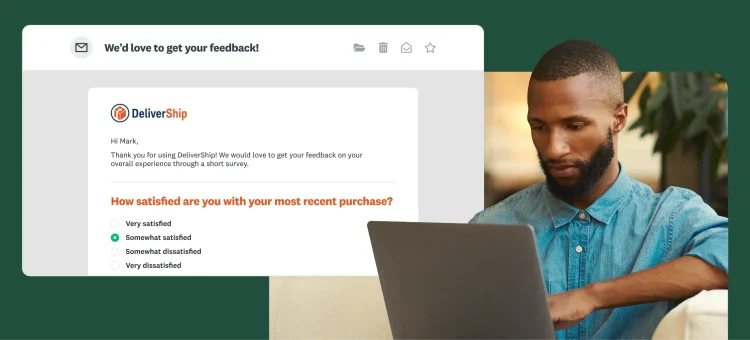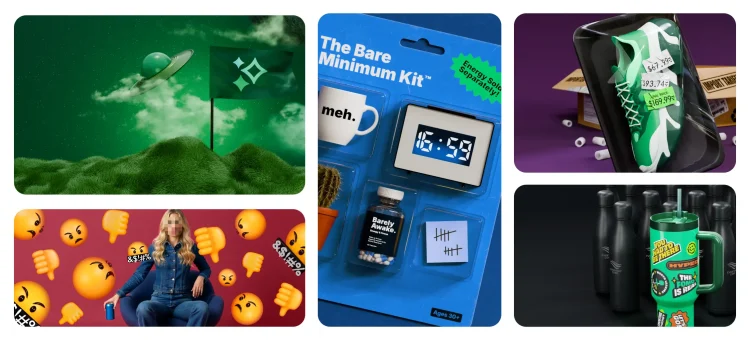Are your fingers itching to correct that sentence? You’re not alone, according to our recent survey. But the price of sloppy grammar costs more than you might think.
To find out how much of an affect (did you catch that one?) bad grammar has on business, from hiring to sales, we surveyed more than 1,000 people using SurveyMonkey Audience. Here’s what we found.
Potential employers say “No!” to typos
Got a typo on your job application? Bad news. 86% say they’d be less likely to hire a person who turned in a résumé or a cover letter with grammar mistakes.
And if you’re applying for a higher-level position, make sure you proofread that résumé more than once. Hiring managers with salaries of $72k and up were 92% less likely to hire a person with typos on their cover letter or résumé. (Potential bosses who bring home a little less money are a little more forgiving.)
By the way, women feel less confident about hiring a typo-prone candidate than men. So job-seekers, take note. That’s the sort of judgment call that could end your job opportunity before it even begins.
Bad grammar is bad for your bottom line
Marketing materials—like printed ads or online teasers—are designed to grab your attention and pull the money out of your wallet like magic. But look what a few mistakes can do: Women are 81% less likely to buy a product advertised with spelling/grammar errors, while 77% percent of men feel the same way.
When it comes to righting for business, using the write words to demonstrate you’re experiance really matters.
The consequences among younger shoppers is even more severe: 85% of millennials are less likely to buy a product advertised with errors.
People with higher incomes also expect accuracy in advertising: 83% of people with a household income of $75k and up would be less likely to buy a product advertised with mistakes.
Our advice to people pulling together materials to promote themselves—or their business: Proceed with caution. Use the trusty spell-check function, and ask the grammar geeks you know to read over the final product before it leaves your hands. It’s not just the right thing to do. It could be the profitable path, too!
About our study: On May 3-4, 2017, we used SurveyMonkey Audience to survey nationally representative samples of 1,042 adults aged 18+ in the United States. The samples were age and gender balanced according the 2010 US Census.



